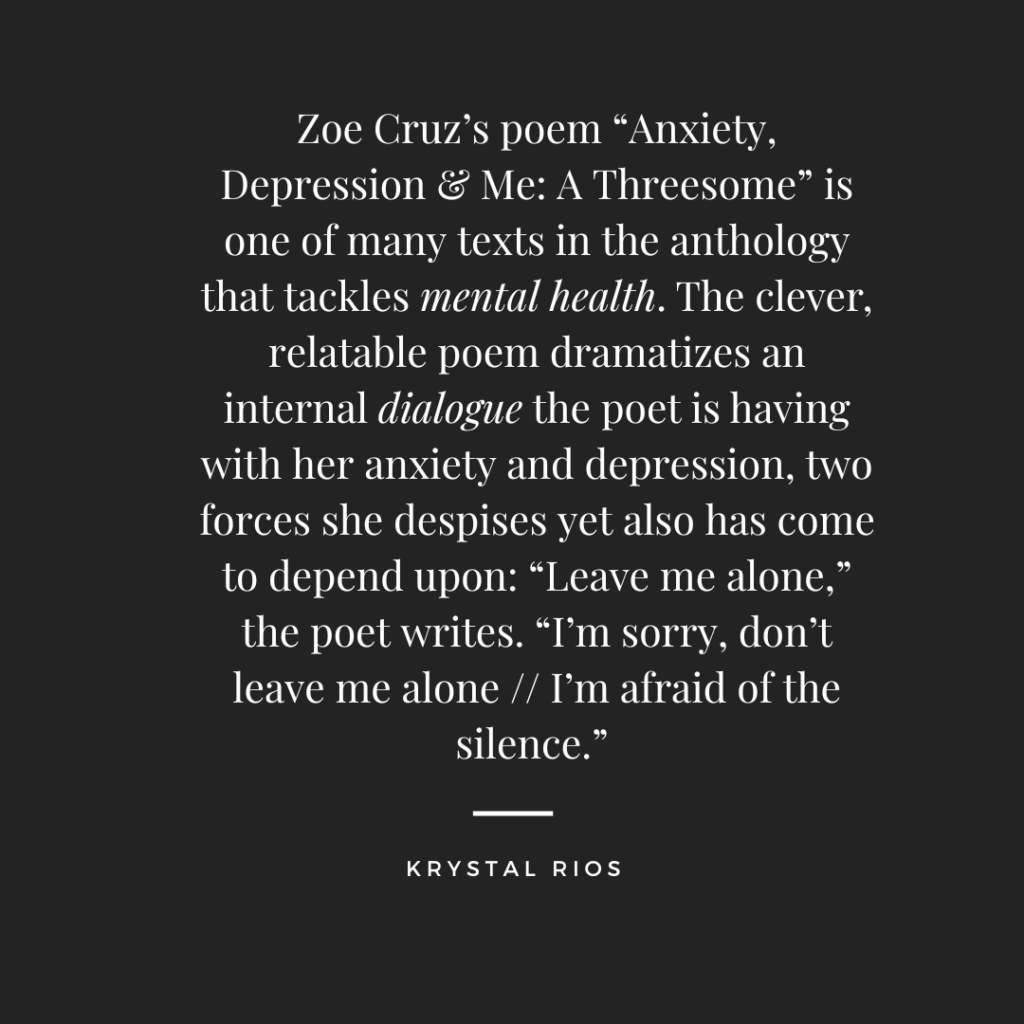Uptown & The Bronx: A Review of BX Writers Anthology, Volume 1
We do not often see the Bronx being shown off in literature. It’s mainly our sister boroughs that steal all the shine.
–Gabriela Payano Diaz
Thanks to its gritty reputation, the Bronx has resisted being romanticized in fiction. To this day, there is less stripping and sanding of the borough by upper-income transplants than you find in other parts of New York City. The Bronx’s heart remains its working people, and its pulse is a drumbeat of truth, hardship, and beauty. Through the contributions of Bronxites, some of them published for the first time, the BX Writers Anthology amplifies the heartbeat of the borough.
Josué Caceres, a Bronx native, writer, and brand manager at Bronx Native, compiled the anthology in 2019. As an editor, Caceres cast his net wide, conducting an open call for submissions. In an interview with BronxNet, he declared that he wanted to “include as many writers as possible.” The anthology that resulted is a pre-pandemic love letter to the Bronx filled with raw and real texts that lay bare the borough’s sinews. According to Anabel Encarnación, in her introduction, “BX Writers is about shedding light on all things Bronx, and thus the BX Writers platform was created—for Bronx people by Bronx people.” Identity, local culture, language, the meaning of home, trauma, gentrification, poverty, mental health, and perseverance are the major themes that animate these original texts, which include poems and a smattering of short stories and personal narratives. Caceres did not attempt to organize the more than three-hundred-page anthology into thematic subsections. The overall effect is a kind of unruly, yet vital, urban sprawl.
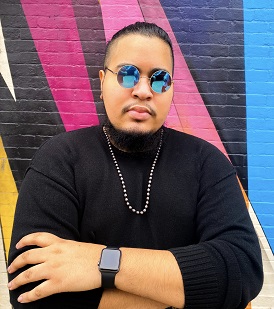
The anthology takes the reader on a journey through a borough that is today 85% Latinx and Black, with sizeable white and Asian minorities. From the trains to the streets below and into people’s homes, the writers offer glimpses into their worlds. Reading Bx Writers made me feel as if I were traveling from one station to the next on the 6 train. Each contribution was an overheard conversation at a busy station, caught just before the subway doors closed. Silvia Morales reveals the secret to someone—me?—for crossing the Grand Concourse. Darriel McBride fights against anyone that dares tell her she’s any less Latina for not speaking Spanish. Sonyi Lopez recalls her grandmother with sadness. These fierce bits of life are the soul of the anthology.
While the readers I spoke with all praised the volume, some suggested it would have been stronger with a tighter, more condensed selection that avoids thematic repetition. Others have asked for even more Bronx specificity and insider Bronx knowledge. Natalee Campbell, a first-generation Jamaican-American writer, appreciated the Latinx focus but felt that the African-American, Jewish, Italian, and West Indian Bronx should have had more of a presence in the book. As she noted, “there are some poems about the Black community and embracing melanin, but there is more room to explore Blackness and race in the borough.”
Featuring 132 texts by 77 authors, Bx Writers contains many affecting personal stories. In her remembrance “Mother,” Elizabeth Roldan describes the process of going through her mother’s possessions after her death. The history of the objects she finds fills her with guilt over what her mother gave up in order for her to succeed. I was attracted to Roldan’s essay not only because it was one of the few prose pieces in an ocean of poetry, but also because it challenges the idea of the American Dream. Many people believe in working hard and making sacrifices to provide a better life for their children; however, Roldan’s mother dies from her addictions and poor health, leaving behind a daughter who has traveled the world and furthered her education yet feels guilty about all her mother missed out on. The children of immigrants to the Bronx often tell stories of how the adults in their lives struggled to give them a more fulfilling future. Roldan’s essay “Mother” encapsulates the feelings of those who have achieved success and “made it out”—out of the vortex of poverty, and often, of the Bronx itself, a place that sparks ambivalence in some of its children. Roldan comes face-to-face with her mother’s death, yet her story ends on a upbeat note. Appreciative of what her mother gave her, she is motivated to pursue her dreams, as that is what her mother would have wished.
The fire resides within us, Encarnación states in her introduction. Every Bronx native has internalized the phrase “the Bronx is burning.” In addition, they know how the rest of the city (and the country) views the borough, as the birthplace of hip-hop but also an avatar of blight made famous by the fires that ravaged the South Bronx in the 1970s. The memory of these fires is the spirit that animates a younger generation of writers and artists who call the Bronx home: “We write from the fire, flames, and fumes we inherited from the Bronx,” announces the back-cover blurb, but which “instead of destroying us, built and raised us.” As a love letter to the borough compiled before the covid-19 pandemic upended Bronx life—like other majority-Black and Latinx population centers, the borough suffered disproportionate harm; Caceres himself survived a scary covid experience—the anthology encapsulates the Bronx spirit, celebrating the good times, resisting the bad, and intrepidly exploring everything in between.
At a $30 list price, Bx Writers won’t be within the reach of every Bronx reader, but purchase a copy if you can or borrow one from a Bronx branch of the NYPL, which has many copies in circulation. In addition to the more than one hundred riveting contributions, the independently-published volume boasts attractive, hand-drawn cover art by Caceres’ collaborator and Bronx Native founder Amaurys Grullón. A second volume of Bx Writers is set to drop in 2023. We are eagerly anticipating it.
For more reader reactions, check out the slideshow below.
Works Cited
Caceres, Josué, editor. Bx Writers Anthology. Vol. 1, Bx Writers, 2019.
Valentin, Rhina. “OPEN: BX Writers.” BronxNet, YouTube, 29 March 2019, https://www.youtube.com/watch?v=MhLiyjSRWPs.
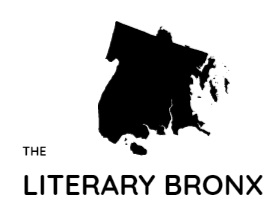

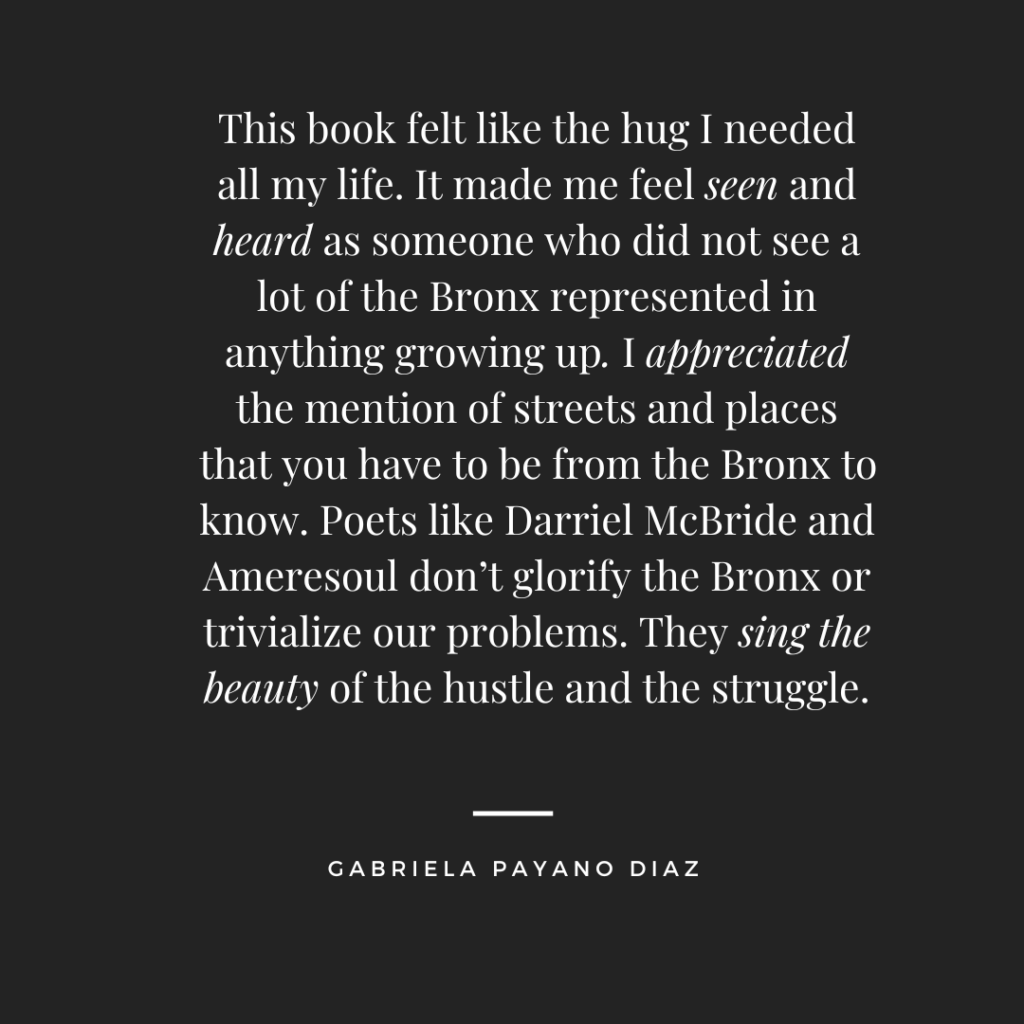
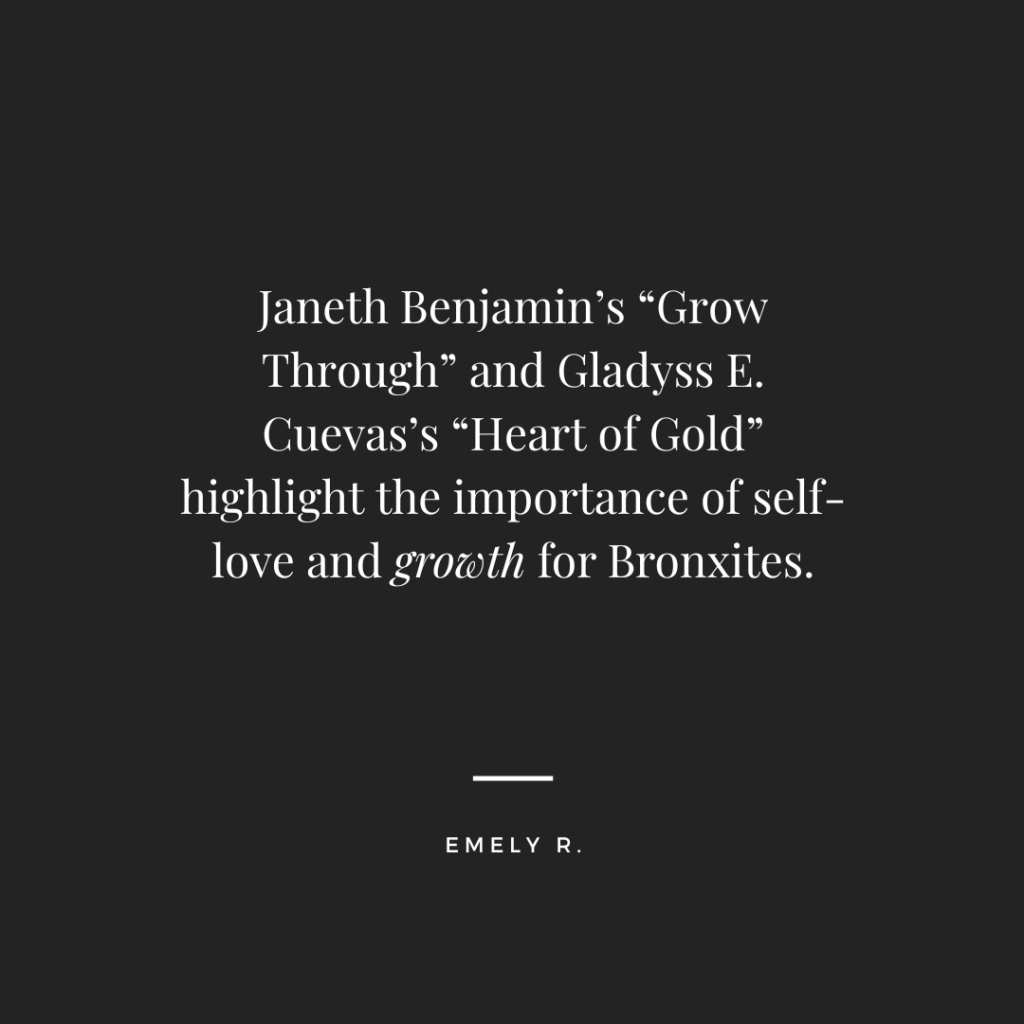
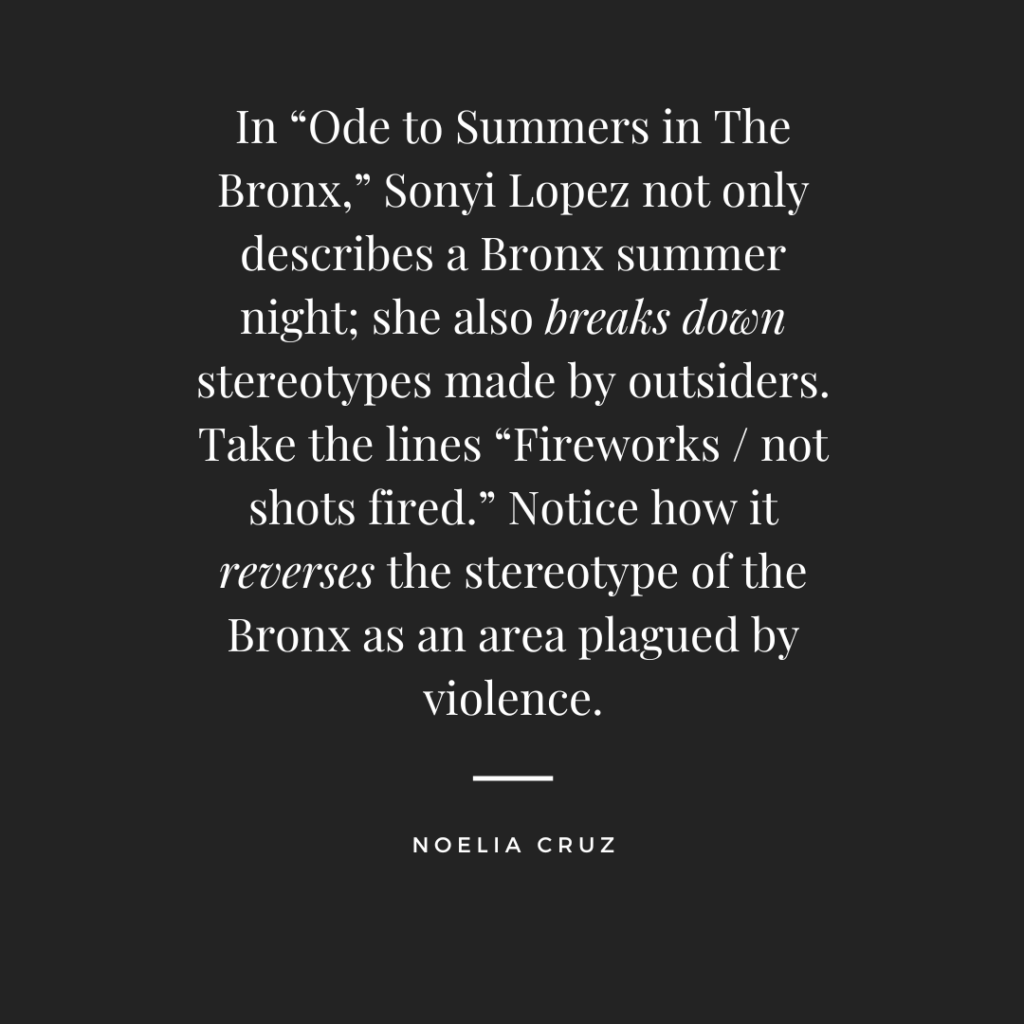
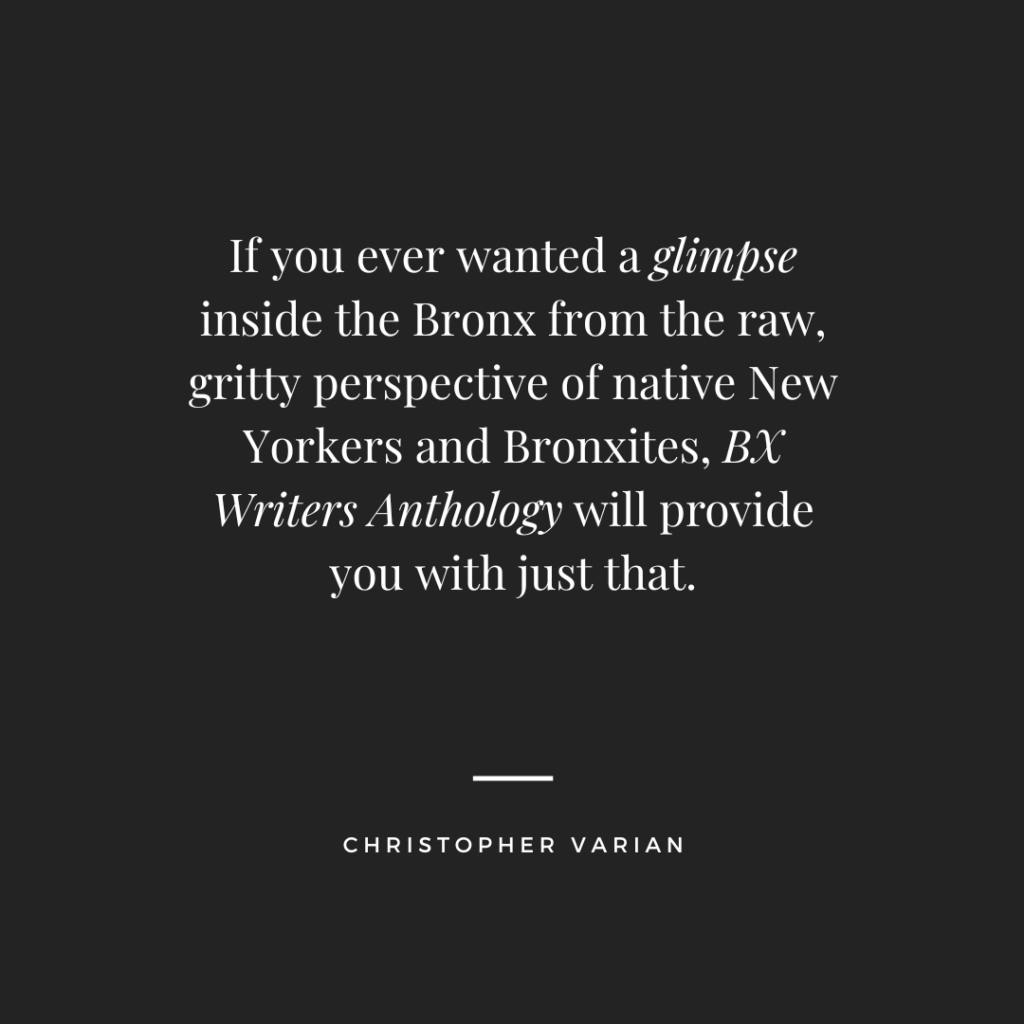
![Bianca Guzman has written a beautiful poem about gentrification, showing how outsiders appropriate the culture and style of Bronx natives while pricing them out of the borough. “I want my old hood back,” writes Guzman. “Ms. Alberta out her window singing church hymns [while] we rolling Phillies on the stoop.” –Naylene Martinez](https://literarybronx.commons.gc.cuny.edu/wp-content/blogs.dir/8359/files/2023/03/martinez-1024x1024.png)
